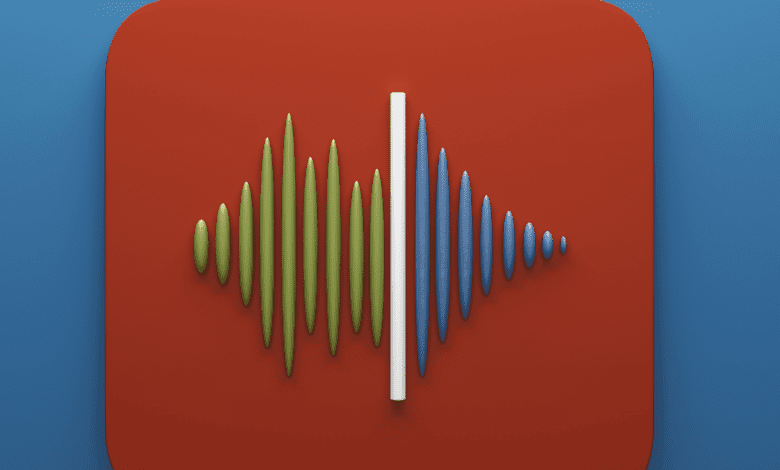3 Count: Oof… Again


Have any suggestions for the 3 Count? Let me know via Twitter @plagiarismtoday.
1: RIP Roblox’s Famous ‘Oof’ Sound, Which Has Been Removed
First off today, Luke Plunkett at Kotaku reports that the iconic “oof” sound effect in Roblox has been removed yet again due to licensing issues with the sound’s creator.
Back in November 2020, video game composer Tommy Tallarico discovered the use of the sound effect in Roblox and, rather than pull it, struck a licensing deal with Roblox for its continued use. This required Roblox designers to pay $1 (or 100 Robux) to include the sound effect in their creations.
However, that deal has either expired or was terminated as Roblux has announced that “due to a licensing issue” the sound effect has been removed, and they have created a replacement for the default sound. That sound launches immediately and, according to Roblox, is part of a broader push to add sounds by obtaining them directly from creators and licensors.
2: Rapper Nonini Goes After Social Media Influencer in Legal Battle
Next up today, Amos Robi at Pule reports that, in Kenya, musician Hubert Mbuku Nakitare (Nonini) has accused a local media influencer of unlawfully using one of his song as part of an advertisement for an electronics manufacturer.
The dispute deals with the local influencer Brian Mutinda, who created an ad for the electronics company Syinix Electronics. According to Nonini, Mutinda used a clip from his song We Kamu in the video. He is claiming that neither Mutinda nor Syinix paid for a synchronization license for the use of the song.
In a response to the legal demand, Syinix said that they do not think that there was any copyright infringement, but were interested in discussing the terms for obtaining such a license. However, Nonini has said he is only interested in talking after all parties meet his conditions, and Mutinda has not responded as of this writing.
3: YouTube Reduces Length Of Copyright Dispute Process
Finally today, Matt Southern at Search Engine Journal reports that YouTube is working to streamline and shorten the copyright claims process, in some cases taking it from as long as 60 days to just 7.
Under the current copyright claims process, following an automated Content ID claim, the YouTuber can dispute the claim and then the claimant has 30 days to release or reinstate the claim. After that, the YouTuber can file an appeal YouTube itself, but then the claimant has another 30 days to either release the claim or file a full takedown notice.
Under the new policy, the second step, the appeal, claimants will only have seven days to either release the claim or request a takedown. Furthermore, for Content ID claims that result in the video being blocked, the YouTuber can skip the dispute step entirely and move straight to the appeal.
The 3 Count Logo was created by Justin Goff and is licensed under a Creative Commons Attribution License.
Want to Reuse or Republish this Content?
If you want to feature this article in your site, classroom or elsewhere, just let us know! We usually grant permission within 24 hours.